
Proposal Templates – 170+ Free Word, PDF, Format Download!
Are you a visionary or a pioneer who needs a grant? If so, you might want to survey all over…
Sep 15, 2023
It’s a sweltering summer in the year 1937 in Omaha, Nebraska. A boy at the tender age of seven who considers himself already an entrepreneur goes to his grandfather’s store to buy six packs of Coca-Cola for a quarter. He would be selling them later on to his neighbors who need cooling and refreshment for a nickel apiece. Fast forward to 2018, the boy is already 87 years old, sitting third on Forbes annual rich list with a net worth of 87.5 billion dollars. Because Berkshire Hathaway chairman and CEO, Warren Buffet, also fondly known as “The Oracle of Omaha” has well and truly come a long way from his early moneymaking days, and he never stopped since, scoring the biggest shares in some of the world’s biggest and most successful brands, raking in profits in millions and millions of coveted dollars, left, right and center. But whatever happened to that Coca-Cola stint? Berkshire happened. Well, technically, Warren happened. He is now the biggest Coca-Cola shareowner and ever since getting his shares, he never sold them and have no intention of selling them, ever. You may also see small business proposals.
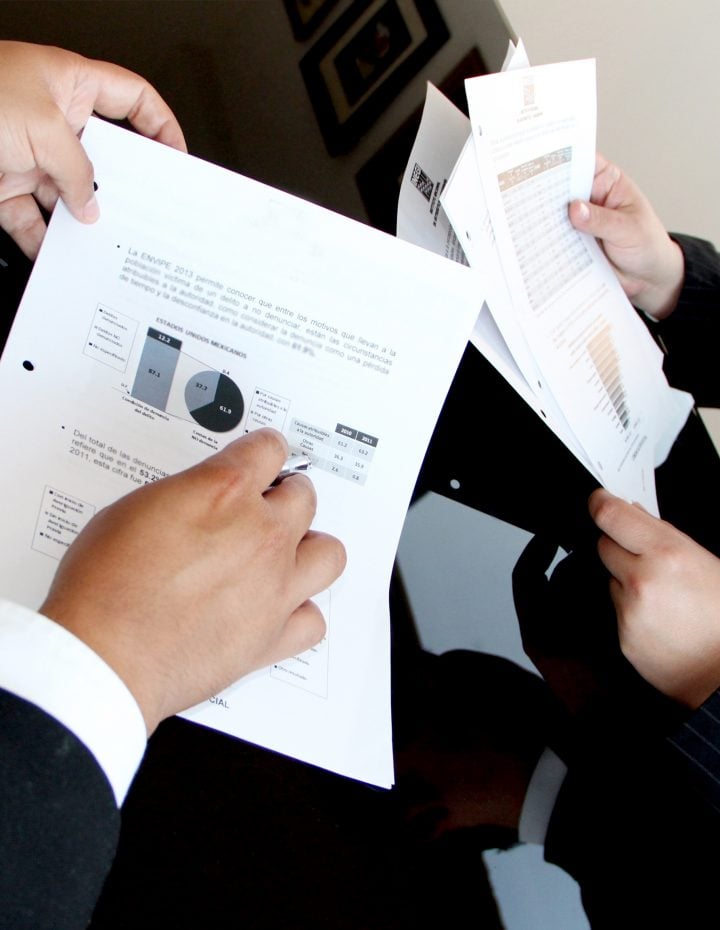
Hailed as the world’s most successful investor and the most celebrated man in business, betting on sure things, thereby trusting only the credible brands to put his money on, is one of the rules he solemnly follows when doing simple business, so it looks like 87-year-old Warren has no plans of giving up his jack-of-all-trades throne anytime soon.

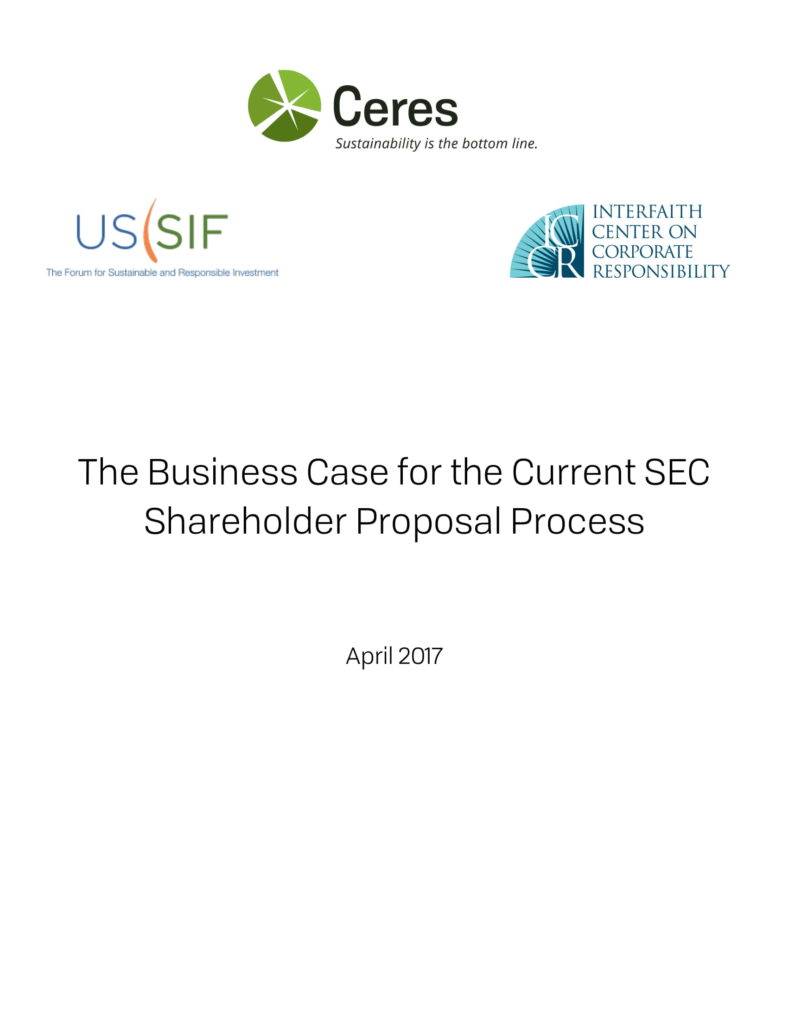
ussif.org
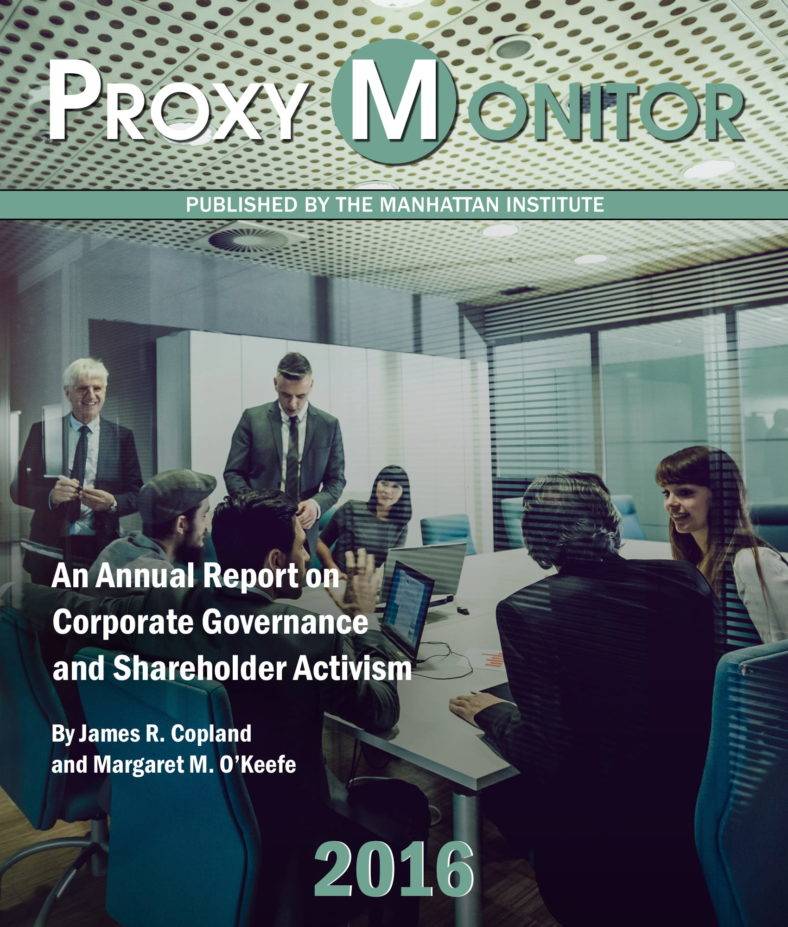
proxymonitor.org
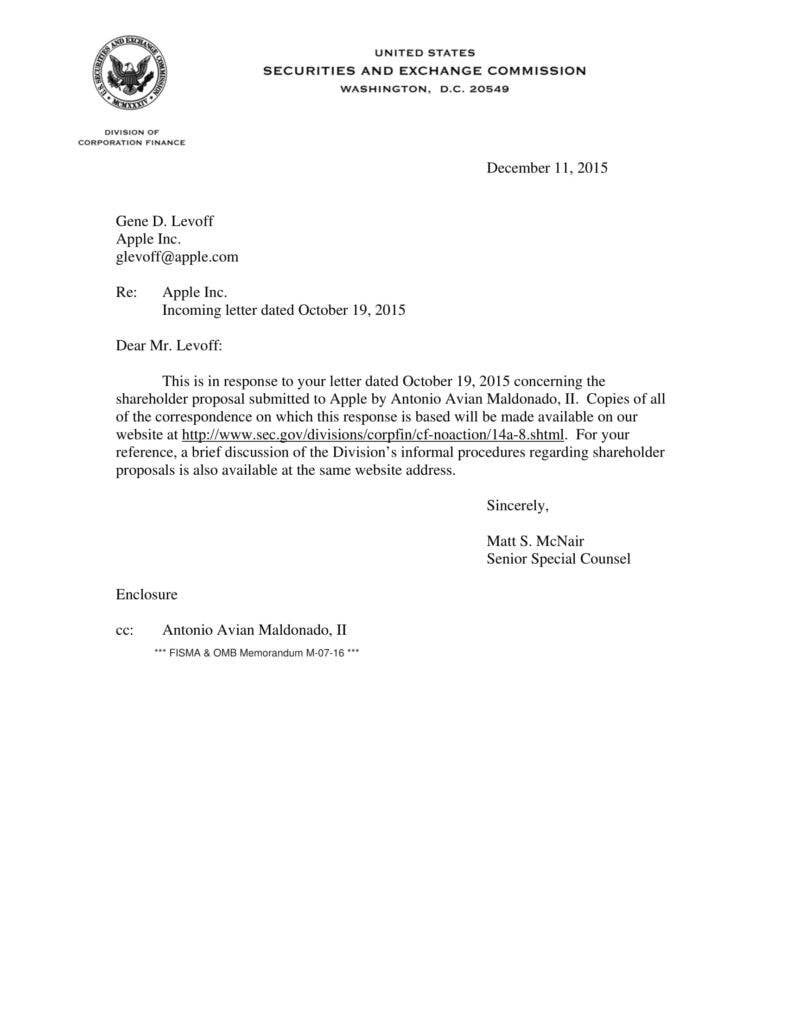
sec.gov
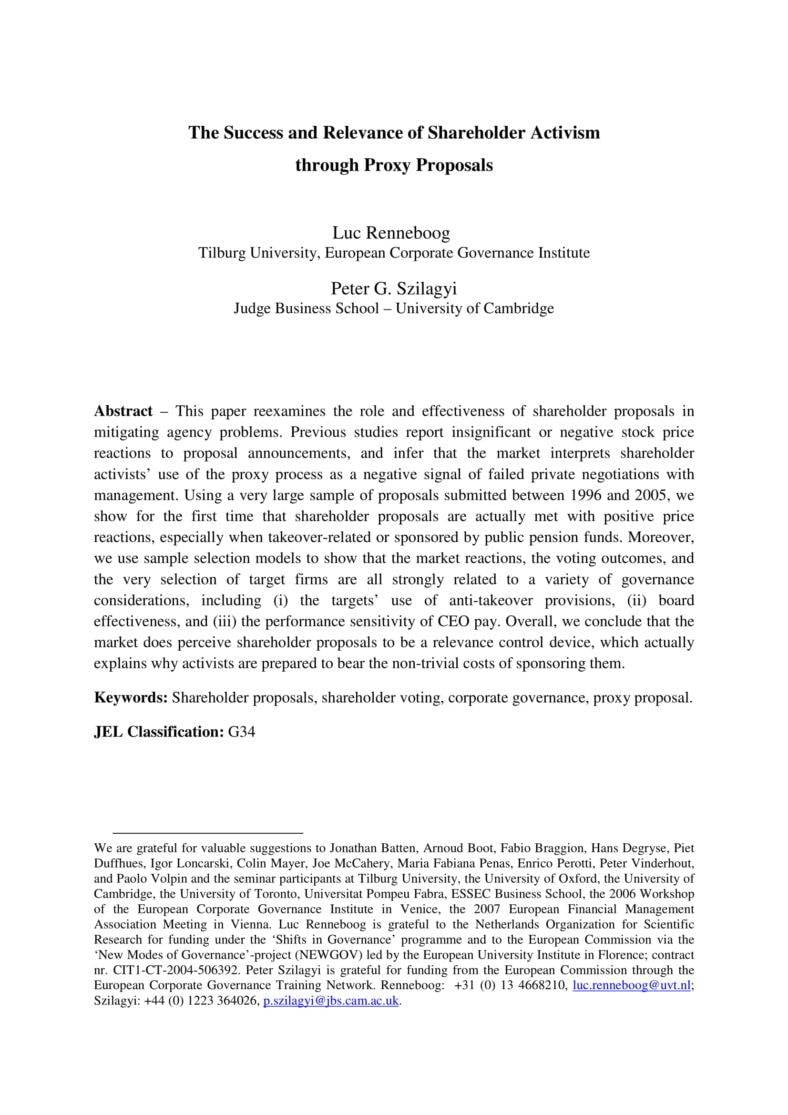
ecgi.org
A man like Mr. Buffet isn’t just called “most successful investor in the world” for nothing. He earned it. It took years and years of investment and learning his trade along the way, to make it to the top. He got richer and richer by gaining shares and multiplying profits by with the same philosophy as that dreaming innocent boy who sold coca-cola drinks. Being a shareholder takes patience and a lot of guts because let’s face it. When you buy stocks and shares, in a way, you’re gambling. You’re betting your hard-earned money for businesses that at times, go down on their luck. Businesses that are being hard done by because of the people behind them. Add that to markets’ rise and fall, and you have a heart attack waiting to happen. But that’s the beauty of it sometimes. The market is unpredictable. When you decide to play and invest and have a good understanding of how the stock market works, you can bet to your advantage. As someone who wishes to buy shares, especially those of popular brands, you just have to be careful and try not to lose more than you can afford to. Then again, losing some is also part of being an investor or a shareholder. By definition, a shareholder is any person, company or other institution that owns at least one share of a company’s stock. In Buffet’s and other business tycoons’ case, it’s most of the stocks or all, so it’s also safe to say that shareholders are the company’s owners. They are the ones who gain the most when the company is doing good, increasing the value of stocks and when the company performs badly, they obviously also suffer and lose a lot of money when stocks are low. You may also see best marketing proposal templates.
In a small business, chances are, there is only one shareholder and he happens to also be the founder. A public company, on the other hand, is understandably bigger and demands a bigger, varied ownership. In this case, there could be thousands of people who own part of the company, including institutional shareholders, such as mutual fund companies, pension funds, and hedge funds. These individuals are not only in charge but they also play a vital role in the operations, control and corporate governance, along with other areas of business. The role they play is both direct and indirect, when it comes to business operations, as they elect and appoint executive heads and assist them in running the company. The indirect role they play is the one in which the stock market is involved. This is why as much as possible, investors shy away from companies that have trouble meeting their expectations but put their money on stocks that do the exact opposite. The management is therefore under constant strain to meet and beat sales as well as analyze profit. Companies that can produce a significant flow of cash would have to work in returning part of the surplus cash to shareholders through sharing buybacks and in most cases, dividends.
But unlike those who have a sole proprietorship or business partnerships, corporate shareholders cannot necessarily be held accountable for a company’s financial mishaps. When the company isn’t performing well and profit is low but stakes are high, the creditors cannot make shareholders answer the way owners of privately owned entities have to. One thing more, their leadership rely on the board of directors and, in which case operations and day to day management are nearly the least of the shareholder’s concerns, meaning they don’t have much say in how the company deals with its people and run its business on the front lines.
Shareholders often have a warranted complaint of executives who enjoy the most attractive paychecks whilst having little to show, when it comes to meeting expectations and delivering the performance that the business deserves. This is why boards are usually caught in the crossfire of tensions running high, to keep both parties at bay, despite proof that they would have a better chance acting as level-headed advisers. Scenes like these are reminiscent has origins dating back to the 1970s, when there was a power shift between managers and shareholders, with managers losing to shareholders after years of dominance and control in the business arena. While the move was sparked by political debates and economic pressure, it was also made possible by the growing popularity of shareholder dominance, thanks to the results of an academic research on the motivations and behavior of corporate manager, stating shareholders as the ones at the core of the corporate world, thereby implying that the management and the board should revolve around them. You may also see sales proposal templates.
A shareholder proposal is probably your best chance to ensure direct communication with your prospect and present investors. Although it isn’t necessarily required by law, having one has to include an annual report. By having this document, investors will have an opportunity to see and evaluate your business from what you have written, although they aren’t likely to be convinced just like that. Typically, this proposal should indicate the company’s financial standing and give an overview of the highs and lows of the company during the past year. It is vital to show not only the positives but the negatives too so that investors would be able to form their stand on your company’s future position. It should also have an outline of the business’ future plans. To sum it up, be honest with your shareholders. Tell them where you have been as a business, where you plan to go from there and why they should continue to trust and look forward to the company’s future.
Set your expectations but keep them realistic. Your executive career might be on the line if you repeatedly sell dreams to your shareholders but fail to deliver. One of the best ways in gaining support is giving shareholders a feeling of confidence in owning your stocks and investing in your business. It also helps you keep those who are already there, with their investments intact. You may also see sample sales proposals.
Give credit where credit is due. If you are the only creditor of your company, then you can take all the credit for all its success. But if your company is one that achieved its growth for the shared effort and workload of many people, especially members of your board and other executives, then give them proper praise and show them how you appreciate their contribution. You may also see exhibition proposal templates.
Although shareholders don’t hold much weight in a company’s decision-making, they do have rights which are defined in any corporation’s rulebook and charter. One of them is the right to check and go over the company’s records or file a legal suit for misdemeanors and neglect by the members of the board. They are also entitled to decide who should be included on the board of directors and vote in other matters of the biggest importance in the corporation, or whether or not a merger should go through. Aside from that, they also have a right to get their share of any dividends declared by the company. Shareholders can also be in attendance at annual conferences and meetings so that they would be in the know regarding the company’s performance. Even if they can’t be there, they are allowed to listen to meetings through a conference call. Those who can do neither will still be able to cast their vote by mail or email. hence it is important that you understand all the rights and responsibilities, including everything else that being a shareholder, entails before you consider yourself qualified to buy or own a share of a business, corporation or no corporation. You may also see product proposal templates.
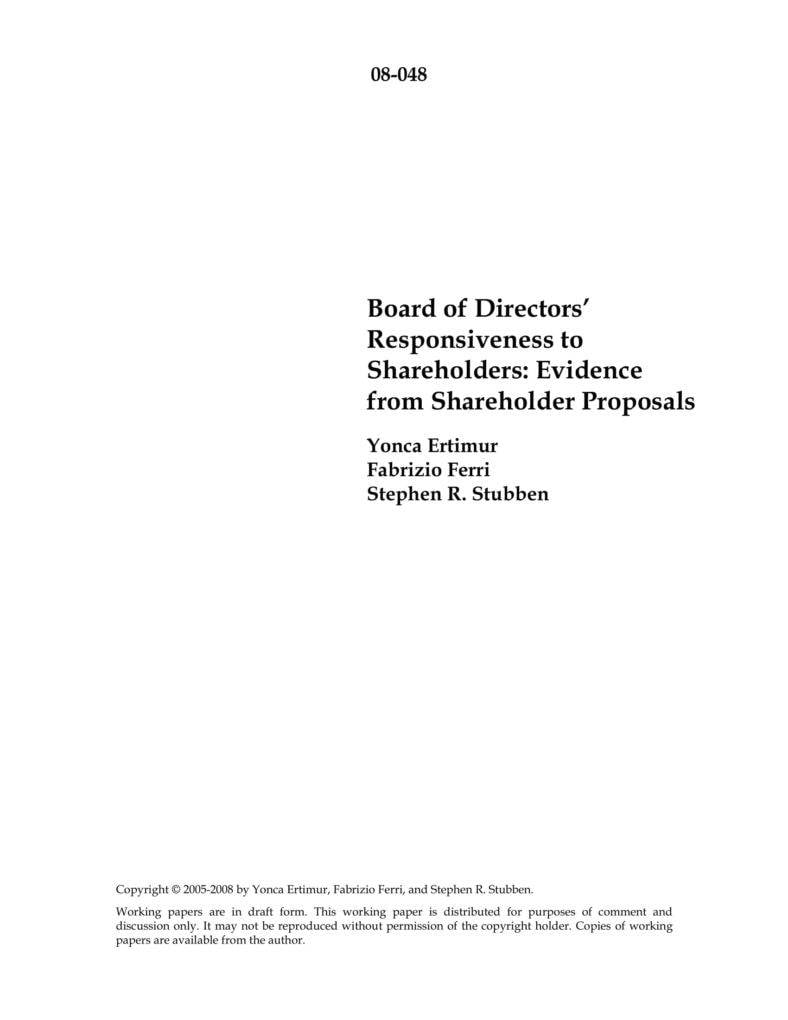
hbs.edu
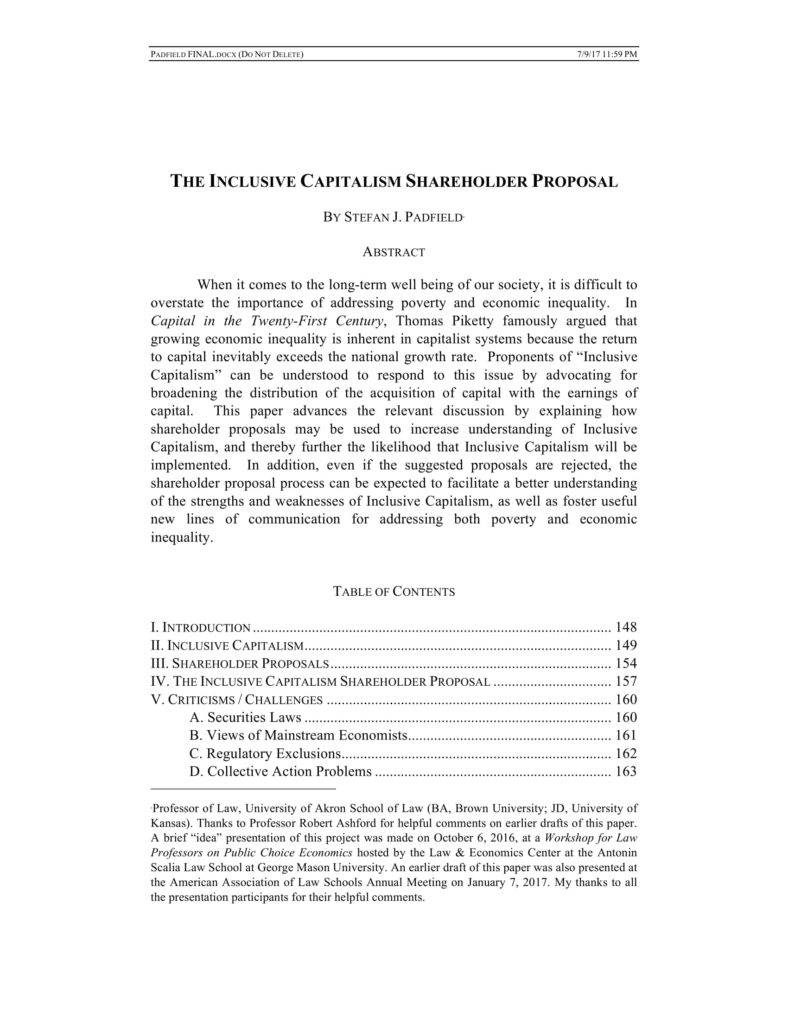
blj.ucdavis.edu
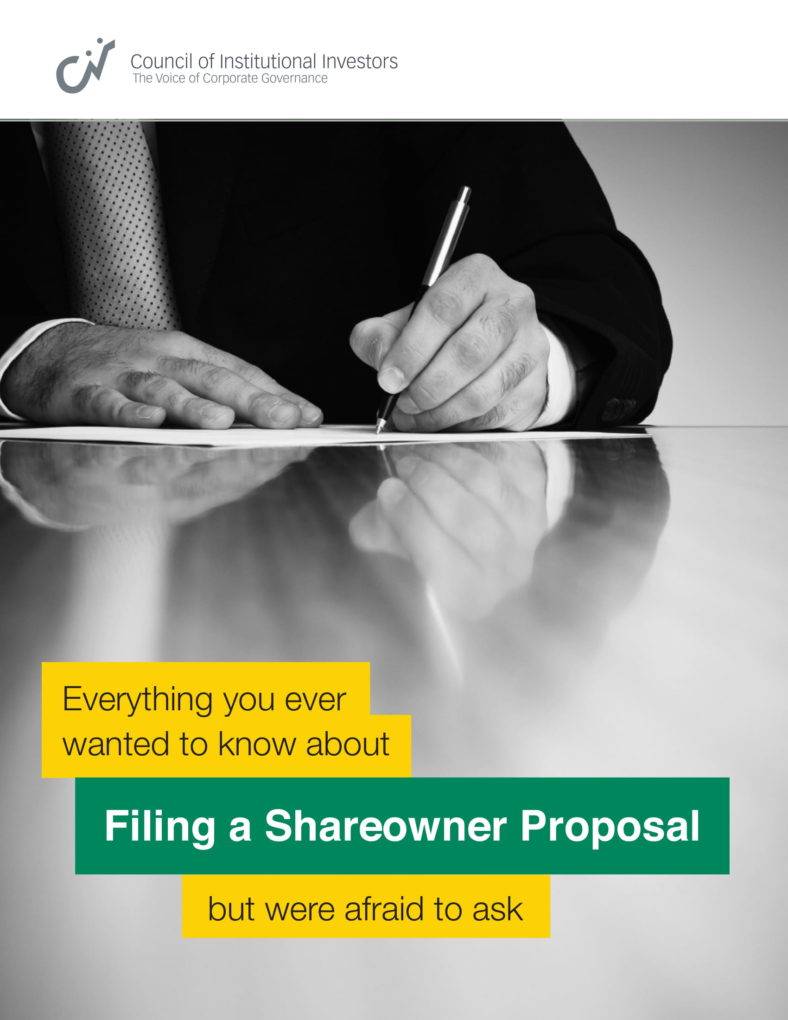
sec.gov
It doesn’t really take a mathematical prodigy to learn the tricks of the trade in business when it comes to investment, buying stocks and being shareholders. You can generate decent returns if, like Buffet, you learn how to deal with the risk involved in the market and trust only those who are credible. If you don’t take the high road, you’ll never really know what you could be missing out on. You may also see marketing proposal samples.

Are you a visionary or a pioneer who needs a grant? If so, you might want to survey all over…

A training proposal templates is usually used by institutions/organizations that offer a huge range of training exercises and courses for…

A request that is made by a company or an organization announcing about the vacant position or any other profile…

Netzwerkverbindung! This word fits the current status of the world. You have coltan from the Democratic People’s Republic of Congo…

A project proposal is a structured document that outlines the objectives, scope, and implementation plan of a project, serving as…

A sponsorship proposal is a formal request outlining how one party can support another, typically through financial or in-kind contributions…

A funding proposal is used to provide an overall request to provide funds for the proposed project by giving an…

A detailed account of the products and services that are provided to your client with an estimated cost of each…

Your years in college or even in middle school wouldn’t be complete if you were never required to write a…